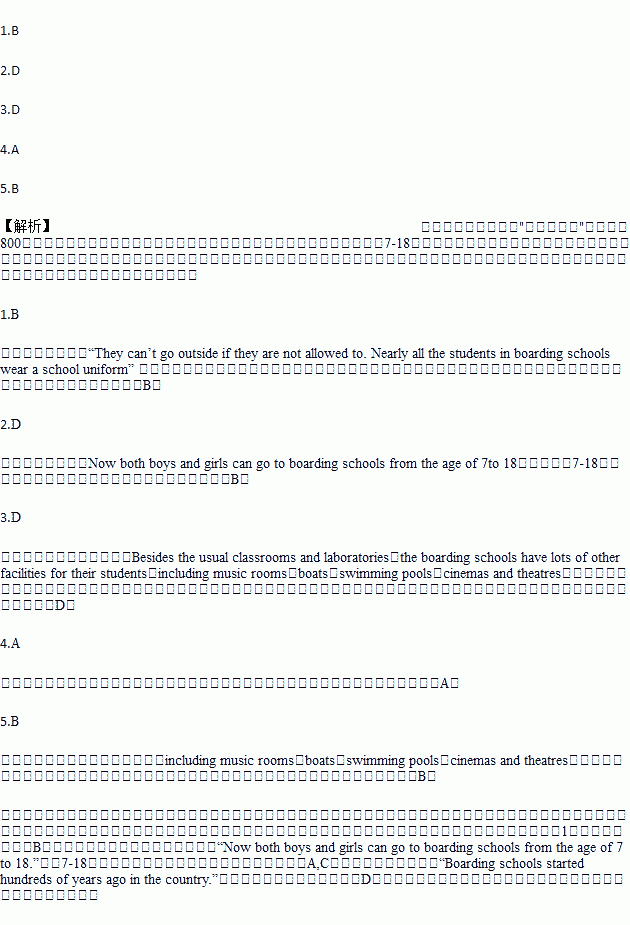"Understanding Student Loan Overpayment: How to Manage and Recover Excess Payments Effectively"
#### Student Loan OverpaymentStudent loan overpayment occurs when borrowers pay more than their actual loan balance or the required monthly payment. This si……
#### Student Loan Overpayment
Student loan overpayment occurs when borrowers pay more than their actual loan balance or the required monthly payment. This situation can arise due to various reasons, such as miscommunication with loan servicers, automatic payments that continue after the loan is paid off, or overpayments made during the repayment period. Understanding this concept is crucial for borrowers, as it can significantly impact their financial health and repayment strategy.
#### Why Does Student Loan Overpayment Happen?
There are several factors that can lead to student loan overpayment. One common reason is the lack of clarity in loan terms and conditions, which can result in borrowers misunderstanding their payment obligations. For example, if a borrower believes they are required to make a higher payment than necessary to pay off their loan faster, they may inadvertently overpay.
Another reason is the use of automatic payment systems, which can sometimes lead to errors if the borrower does not monitor their account regularly. If a borrower pays off their loan but the automatic payments continue, they may find themselves in a situation of overpayment without realizing it.
#### Consequences of Student Loan Overpayment

Overpaying on student loans can have several consequences. Firstly, it can strain a borrower's budget, as they may be allocating more funds towards their loan than necessary. This can limit their ability to save for other financial goals, such as buying a home or saving for retirement.
Moreover, overpayments can create confusion when it comes to loan balances and repayment schedules. Borrowers may find it challenging to track their progress, leading to potential mismanagement of their finances. In some cases, overpayments can also delay the discharge of loans, especially if the borrower is pursuing forgiveness programs.
#### How to Manage Student Loan Overpayment
To effectively manage student loan overpayment, borrowers should take several proactive steps:

1. **Regularly Review Loan Statements**: Borrowers should routinely check their loan statements to ensure they are aware of their current balance, payment history, and any discrepancies.
2. **Communicate with Loan Servicers**: Maintaining open lines of communication with loan servicers is essential. If a borrower suspects they have overpaid or has questions about their payments, they should reach out for clarification.
3. **Set Up Alerts**: Many loan servicers offer options to set up alerts for payment due dates and account balances. Utilizing these features can help borrowers stay informed and avoid overpayment situations.
4. **Consider Payment Plans**: Borrowers should explore different repayment plans that may better suit their financial situation. Income-driven repayment plans, for example, can adjust monthly payments based on income, potentially reducing the risk of overpayment.

5. **Request Refunds for Overpayments**: If a borrower realizes they have overpaid, they should promptly contact their loan servicer to inquire about the possibility of a refund. Most servicers have processes in place for handling overpayments, and borrowers may be entitled to recover excess funds.
#### Conclusion
Understanding student loan overpayment is vital for effective financial management. By being proactive and informed, borrowers can avoid the pitfalls of overpayment and ensure they are making the most of their repayment strategies. Regular monitoring, clear communication with loan servicers, and utilizing available tools can help borrowers navigate their student loans more effectively, leading to better financial outcomes.